This is the first little article in a small series on taking better fishing pictures. The first chapter is about going closer to your subject when you photograph. The closer you go, the better you get the picture focussed and the viewer's attention.
You can never get close enough! Believe me, you can't.
Unless you already usually go very close to the subject, you can always get better results by going closer. If you think you are already close enough, take a step or two more to get even closer.
What you get from going close is:
- Attention-grabbing images, where the subject really fills the screen
- A natural cropping of the image with no need to crop later on and loose quality
- Focus on details, which are often more interesting than the whole
- The attention of the subject, images that communicate
The two pictures below clearly illustrate what you can obtain by moving in on your subject: going from the ordinary to the extraordinary.
|
|
|
Going closer
This series of pictures is just a small selection of about 30 I took in this situation. Notice how I started shooting from the distance and moved closer while taking even more pictures.
When taking pictures of people who fish, you need to be there with them. You want to be in the water, in the same boat, by their side. When something happens, like a hookup, you immediately start shooting, and subsequently move closer while constantly taking more pictures.
Once you get to a suitable distance you shoot full shots and also details: reel, hands, face, the fish. With a zoom you can vary your field-of-view, but if you use a camera or lens with a fixed focal length, you just move back and forth to vary the distance.
|
|
|
|
|
|
The best lens for close photography is a medium wide angle, what corresponds to a 28mm on a 35mm film camera. This lens will grab the whole scene, give a very good perspective and not disturb the perspective. Wider lenses can work well, but often gives some strange and hrad-to-handle perspective distortions. Longer lenses will not give the same sense of being there, but rather convey distance - for the simple reason that there is distance.
And just to straighten one thing out: by going close I don't mean switch to macro. Close is like in a few feet or a meter. Not down to inches.
This article was about going close in normal camera mode. I will cover macro photography in a coming article.
I also have a small photography site called 500th.net you can visit.
- Log in to post comments

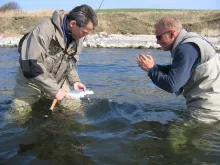

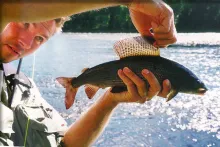
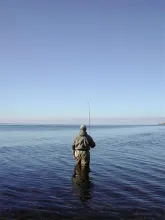
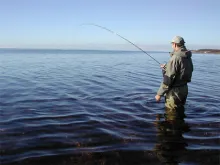
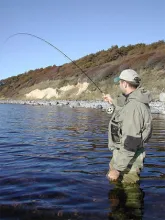
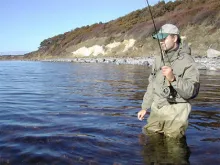
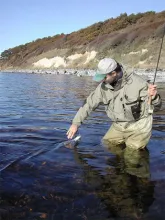
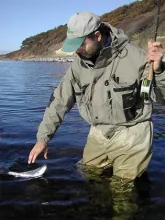
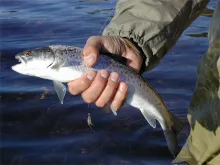
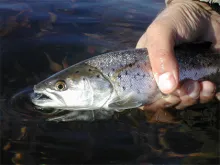
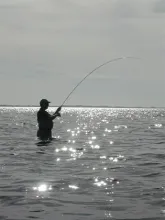
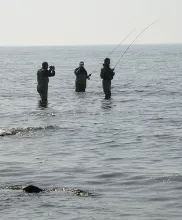

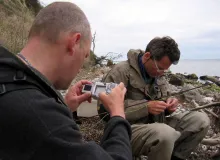
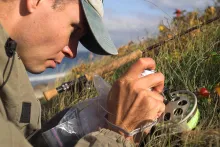
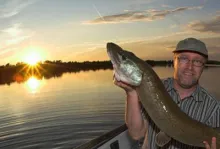
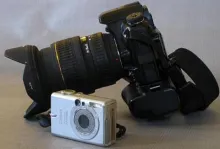
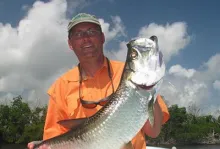
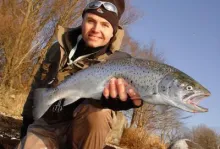

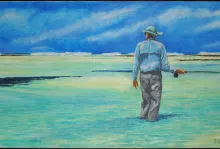

Jarivs...(Jarvis, ma
Jarivs...(Jarvis, maybe?),
Come down to Alberta? Well, I'd have to be pretty far north to come down to you... Looking on a map, I actually am further north than you! But any particular reason you want me to come? And does it have anything to do with the article?
Confused in Denmark.
Martin
can you come down to
can you come down to hardisty alberta